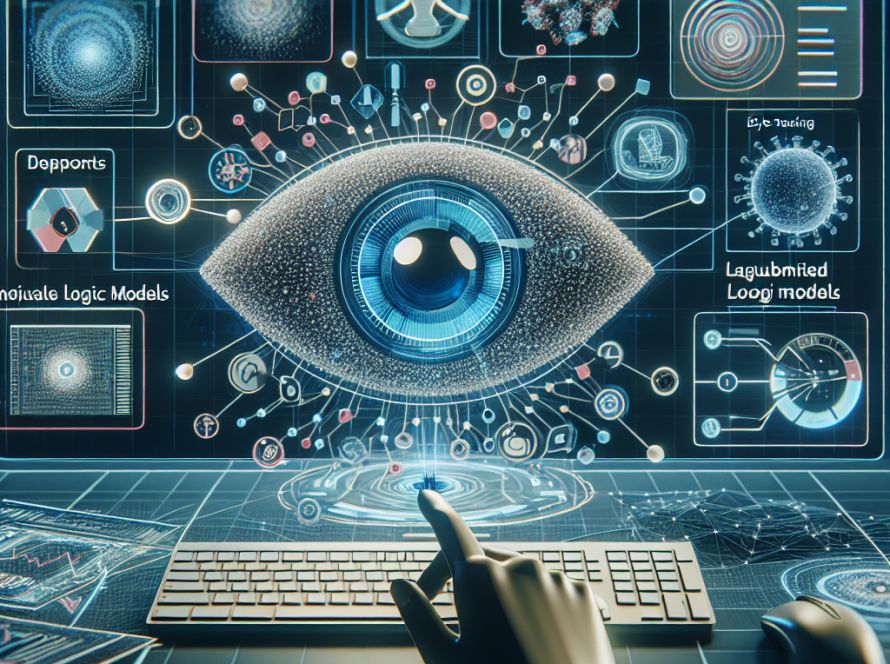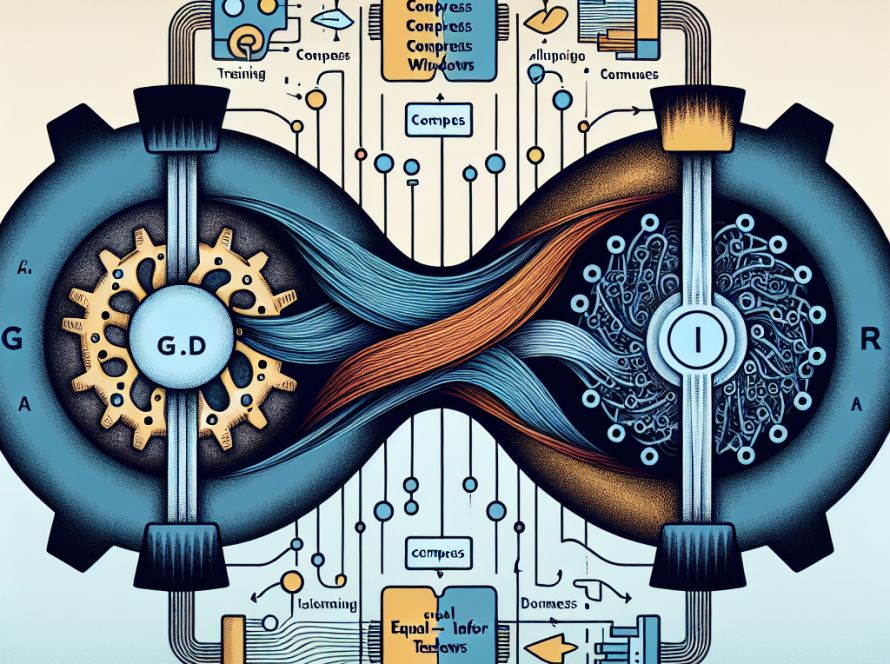Artificial Intelligence (AI) is significantly impacting various medical fields by automating complex tasks, increasing efficiency, and improving patient care. AI, including Machine Learning (ML) and Deep Learning (DL), processes large datasets to identify patterns and build adaptive models. It has applications in medical imaging, remote medical advice, telemedicine, electronic health records, and decision support systems.
AI has advanced medical applications by automating complex tasks via ML and DL. ML algorithms learn from data to improve over time, while DL uses neural networks to handle large datasets. Computers have greatly enhanced hospital management through applications like digital patient records and medical image processing, leading to more effective healthcare delivery.
AI has also led to the development of intelligent medical applications. Expert systems, such as MYCIN and ONCOCIN, simulate human expertise to diagnose and treat diseases, relying on a domain knowledge base and an inference engine. AI is transforming Electronic Health Records (EHRs) by using techniques like Recurrent Neural Networks (RNN) and Natural Language Processing (NLP) to analyze structured and unstructured data, aiding in risk prediction for various conditions. Furthermore, it is reshaping drug discovery through the application of deep learning models that increase accuracy, speed, and cost-effectiveness.
AI is revolutionizing medical imaging and robotic surgery. Deep learning models are capable of identifying disease characteristics in CT, MRI, and PET scans, facilitating early detection of conditions such as cancer and Alzheimer’s. Robotic surgery systems, like the Da Vinci robot, allow surgeons to perform highly precise, minimally invasive procedures. They can be operated remotely, which results in quicker recovery times and fewer complications.
Distributed Artificial Intelligence (DAI) systems, including Multiagent Systems (MAS), facilitate intelligent, cooperative decision-making across geographically distributed agents. They can manage dynamic, distributed data and support remote collaboration. Current trends in AI in medicine include Federated Machine Learning (FML), which enables collaborative model training without exposing sensitive data, and Generalist Medical AI (GMAI) that integrates diverse medical data for comprehensive diagnostics. AutoML is also an emerging trend optimizing AI model development and reducing healthcare costs.
However, challenges in AI application in medicine persist, relating to data standardization, security, and privacy. Medical imaging research encounters difficulties in data organization, accurate labeling, and processing efficiency. For fully autonomous medical robots, algorithmic and ethical challenges must be overcome. Decentralized control issues and legal parameters around the exchange of patient data need resolution in the context of MAS. Future research is needed to tackle these challenges and further advance AI’s standing in healthcare. Hence, even as AI stands poised to revolutionize healthcare, the journey ahead is dotted with research and development challenges that need to be resolved for better exploitation of AI capabilities in medicine.


